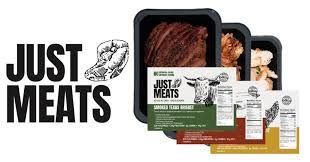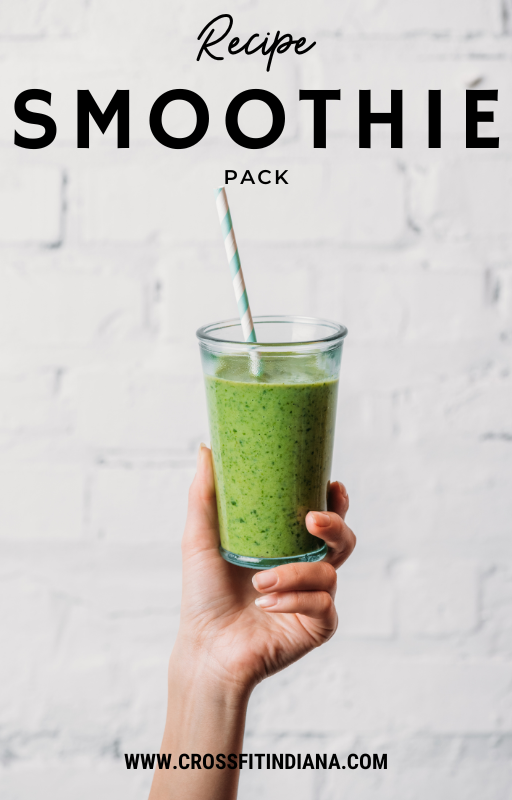Supplements...Do I Need Them?
We are all familiar with pre-workout, and drinking a protein shake, but what's best practice? How much, when, should I or should I not? All good questions to ask, and answers to know before starting supplements.
In this Blog I’m going to discuss common reasons you might want to consider taking a supplement (or not) and I will also give my recommendations for the which ones to take. Please note that this is in no way medical advice and these recommendations reflect my personal opinion based on my experience. If you have any serious conditions, you should absolutely consult your doctor prior to making any major changes.
The CrossFit dietary prescription is as follows:
- Protein should be lean and varied and account for about 30 percent of your total caloric load.
- Carbohydrates should be predominantly low-glycemic and account for about 40 percent of your total caloric load.
- Fat should be from whole food sources and account for about 30 percent of your total caloric load.
"Whole, unprocessed foods are the best source of both macronutrients and micronutrients in terms of composition, variety, and density, such that supplementation is generally not recommended. We contend that eating a diet composed of known quantities and of high-quality whole foods is the most important aspect of nutrition for improved performance and health. Not only are supplements generally poorer nutrient sources, but they are also an unnecessary focus for someone not following our basic diet plan of weighed and measured meat and vegetables, etc.
But should I supplement?
Chronic pain or Inflamation?
However, we find one supplement beneficial enough to make a blanket recommendation: fish oil. Fish oil provides omega-3 fatty acids, which are a type of polyunsaturated fat." - CrossFit Level 1 Handbook
- Prioritize a whole food, nutrient dense diet with fruits, vegetables, nuts and seeds, little starch, no sugar. Keep intake levels high enough to support exercise and not body fat.
- Fish-oil supplementation improves the ratio of omega-6 to omega-3 fatty acids and reduces the inflammatory responses in the body. Fish oil provides two types of omega-3 fatty acids: eicosapentaenoic acid (EPA) and docosahexaenoic acid(DHA). http://library.crossfit.com/free/pdf/CFJ_English_Level1_TrainingGuide.pdf
Are you dealing with chronic pain and inflammation? You may want to consider fish oil.
Lean Mass and Strength
Creatine is easily also a frequently recommended supplement.
It is particularly beneficial for ATP regeneration. ATP (Adenosine triphosphate is an organic compound that provides energy to drive and support many processes in living cells, such as muscle contraction, nerve impulse propagation, condensate dissolution, and chemical synthesis.) is mainly relevant for the first 10 seconds of a lift/movement. So due to the improved regeneration, it allows you to get more reps here and there on repeated sets, and directly improves performance that way.
Typically, those who take creatine, gain more lean mass and strength than those who do not take it.
The standard dosage is 5g per day of creatine monohydrate at any time. https://www.idealnutrition.com.au/crossfit-supplements/
Energy Deficiency
- Prioritize sleep! Sleep is the #1 most important factor relating to energy and recovery.
- Caffeine is a secondary energy source. Pre-Workout
For resistance exercise performance improvement the research-based dosage is 5-6mg/kg, which is a pretty high dosage, 30-60 minutes prior to training/competition can help improve power output slightly.
The research is even stronger for endurance performance, with 3-6mg/kg consistently providing benefits.
Protein Powder
Protein powder is something that in my opinion, should be viewed as a convenient source of high-quality protein.
- If you do not meet your protein needs through food, it makes sense to supplement with protein powder.
- If you struggle to meet your total protein intake for the day, it would be beneficial to have whenever, to help meet that need.
- If you want some protein post-workout, but do not have easy access/ability to consume food, it makes sense to have it then.
- If you want to improve the distribution of your protein across the day, protein powder can make it easier, since for example you could have it in a gap in the afternoon, or add it into your breakfast.
- It is not necessary or magical.
As always, consult a physician before supplementing! These are things to consider if you are not #1 prioritizing sleep, #2 prioritizing a nutritious diet
MORE RECENT POSTS

QUICK LINKS
CONTACT
1410 Wayne Ave, Indiana, PA 15701, United States of America
HOURS
- Mon, Wed
- - -
- Tue, Thu
- - -
- Friday
- - -
- Saturday
- -
- Sunday
- Closed




